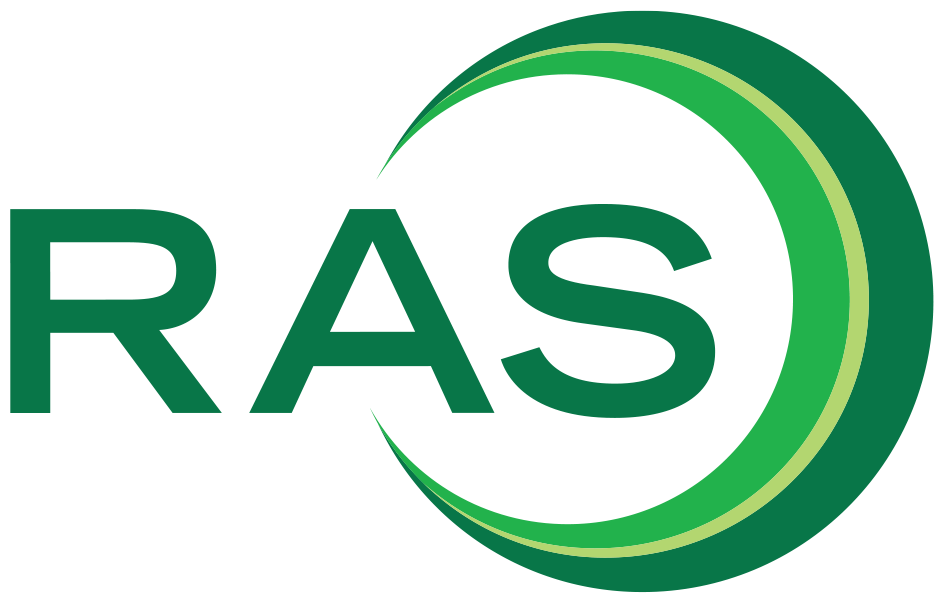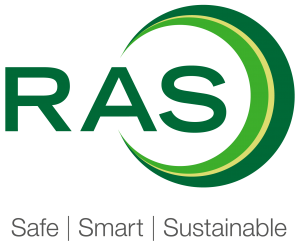Hazard Identification (HAZID) Study
We believe that Hazard Identification (HAZID) is, arguably, the most important part of the risk management process. That’s why we place significant emphasis on developing the most suitable, proportionate, and useful HAZID studies on which to base subsequent risk assessment and management decisions.
Through our experiences of COMAH and non-COMAH sites, from oil storage facilities through chemical plants, sugar refineries and even tea manufacturing plants, we have the knowledge and experience to facilitate and cultivate comprehensive HAZID studies, thereby guiding you towards developing the most effective studies you can.
In addition to facilitating new HAZID studies, we are also experienced in HAZID review and HAZID training. We have independently provided constructive critiques of existing hazard studies as well as delivered comprehensive training and tailored guidance to companies for internal use to improve the quality and benefits of their own HAZID processes.
We are always flexible to your needs and can tailor the focus of the HAZID as necessary, including consideration of some or all of safety, environmental and business issues. You might have internal consequence or risk criteria that we can use whereas in other cases, we can supply suggested criteria to use in the assessment of consequences and risk.
Hazard and Operability Study (HAZOP)
Our team has extensive experience in the application of the HAZOP study technique.
A key part of the HAZOP process is the study leader. Considering the significant resources required to conduct a HAZOP study, a competent and independent facilitator is key to ensuring quality and time efficient studies that achieve their objectives. Our study leaders have all been trained appropriately, and having performed HAZOPs in a wide range of industries and processes can guide you throughout your studies ensuring that a comprehensive and efficient review of your process is conducted.
We can also offer you comprehensive training in the HAZOP technique that will provide you with the tools and knowledge needed to successfully complete the HAZOP process. The course would be tailored to you, taking into consideration your company policies and procedures as well as any prior experience held by the members of your team taking part.
Failure Mode and Effect Analyses (FMEA)
We are experienced in the facilitation and development of Failure Mode and Effect Analyses (FMEA), in a range of applications. As they are useful in understanding reliability of key components, they can inform maintenance regimes and feed into risk analysis, and we have solid experience of applying FMEA to understand safety, reliability, and quality implications of equipment failures.



